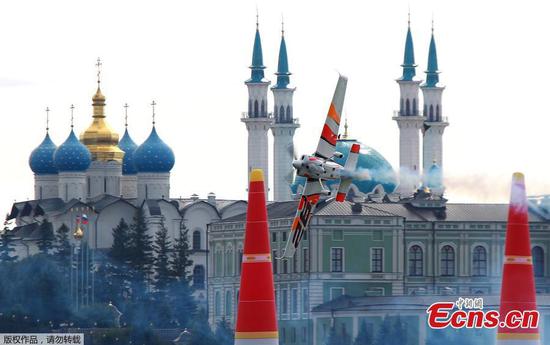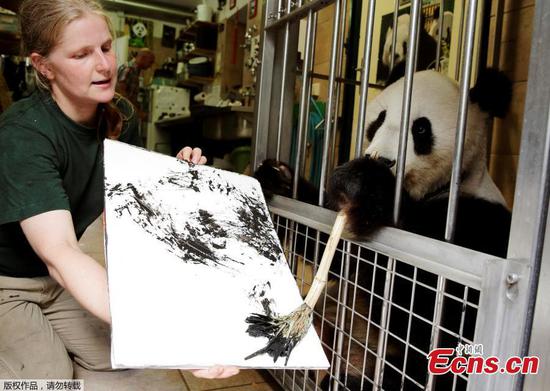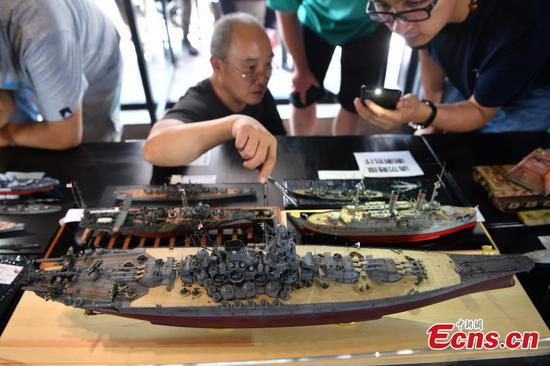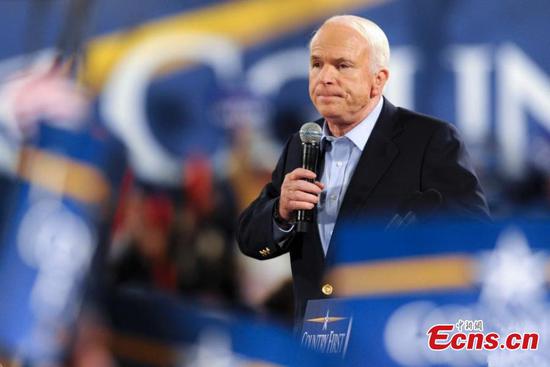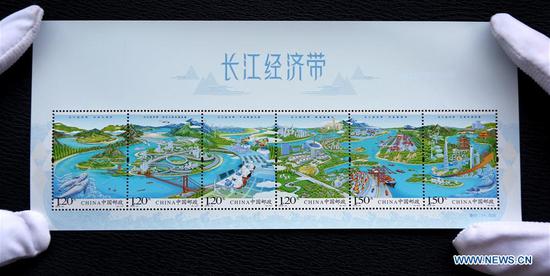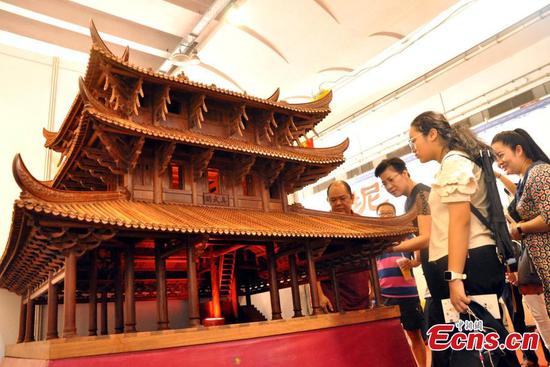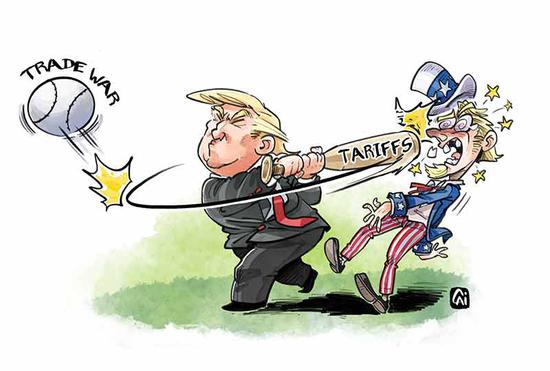
Editor's note: The U.S. and China have announced a new round of tit-for-tat tariffs, and if such actions and reactions continue and turn into a full-blown trade war, no one will emerge winner. Two experts share their views with China Daily's Pan Yixuan on the issue. Excerpts follow:
U.S. should evaluate bilateral trade benefits
Di Dongsheng, associate dean of the School of International Studies, and International Monetary Institute, Renmin University of China
Although there is no winner in a trade war, China and the United States will not concede to each other's demands as long as they can bear the loss caused by reciprocal high tariffs.
Many believe U.S. President Donald Trump will change his protectionist stance if the majority of U.S. citizens start opposing his tariff policy on Chinese products, but that may not necessarily be the case. That's because developed countries such as the U.S. have followed deflation policies for years that could, to some extent, weaken the impact of inflation caused by tariff hikes. No wonder Trump has even declared, wrongly though, that the U.S. is winning the tariff war.
In 2017, exports to the U.S. comprised 19 percent of China's total exports. And since the total exports accounted for 18.54 percent of China's GDP last year, a full-blown trade war would have limited impact on China's economy, although neither the Chinese government nor businesses want a trade war.
The industrial upgrading of China, too, can soften the impact of a trade war.
In the past, thanks to China's super-national treatment and abundant cheap labor, foreign enterprises used to compete with each other to invest in China. These foreign enterprises accounted for a large proportion of China's export industry while creating more jobs and establishing industrial chains.
But in recent years such enterprises have been moving out of China to Southeast and South Asia, because labor costs in China have increased and there is a dearth of workers in low-end manufacturing industries. Besides, China's export industry is undergoing a transformation and the country is now capable of making breakthroughs in some new fields in which developed countries have not taken the lead. Thus, it is expected that China will overcome the temporary difficulties and emerge stronger from the turbulence in global trade.
So, it's high time that the U.S. realized it will get nothing out of a trade war and, instead, strived to end the tariff war. But the U.S. seems set to continue with its protectionist policies for some time, during which both the U.S. and China will suffer economic losses.
It is important that Washington rationally evaluates the pros and cons of bilateral trade, and starts sincere talks with China. Or else, by the time Trump's trade policy gradually becomes ineffective, the U.S. economy would suffer irreparable losses, because if Washington continues to impose higher tariffs on Chinese goods, Beijing will fight back.
Talks the only way out of deadlock
Yao Zhizhong, deputy director of the Institute of World Economics and Politics, Chinese Academy of Social Sciences
One thing is for sure that China and the U.S. will hardly give in to trade threats. Since China has been upgrading its industrial structure and the U.S. economy is growing at a healthy rate, the imposing of high tariffs on products will have limited impact on the GDP of both countries.
The U.S. may have reached its economic development peak, but considering that it has many hidden problems such as an over-heated economy, the stiff tariffs may accelerate its economic deceleration. The rising salaries in the U.S. that Trump has been gloating about will cause prices to rise sharply, and the high tariffs Trump has imposed on imports will raise the prices even higher leading to severe inflation-a situation no consumer wants to encounter.
Washington and Beijing have controlled their trade confrontation, though. For instance, China responded to the U.S.' 25 percent tariffs on $16 billion worth of Chinese products by imposing the same percentage of tariffs on the same value of U.S. goods. If the U.S. imposes more tariffs on Chinese goods, more and more U.S. consumers will have to pay higher prices for even daily necessities. And with China responding in kind to U.S. tariffs, the costs of U.S. enterprises will rise, increasing the pressure on Trump to reconsider his policies.
Besides, the European Union has said no to further talks with the U.S. unless the latter withdraws the stiff tariffs on important EU export products. Still, the U.S. has not lifted the 25 percent tariff on European auto and steel and 10 percent tariff on aluminum products. So the longer the U.S.' protectionist policies continue, the more intense retaliation it will face from other economies.
Trump launched his tariff war because he did not realize that China's stock market slump, caused by deleveraging and the devaluation of the yuan, had made little difference to bilateral trade or the Chinese economy. But China should also further open up its economy and accelerate its economic transformation to prevent the U.S. protectionist policies and tariffs from hurting its economy.
China will not accede to the U.S.' unfair demands and will respond in kind to U.S. tariffs, which means China will not compromise its vital interests to end the tariff war. Instead, China wants negotiations with the U.S. on the principle of equality and mutual respect to end the tit-for-tat tariff war which has been doing great harm to global trade.


















